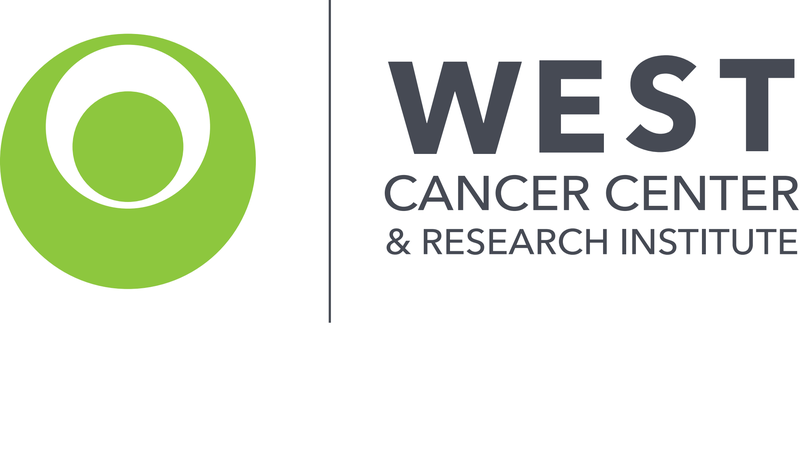- Advertise
- About OncLive
- Editorial Board
- MJH Life Sciences brands
- Contact Us
- Privacy
- Terms & Conditions
- Do Not Sell My Information
2 Clarke Drive
Suite 100
Cranbury, NJ 08512
© 2025 MJH Life Sciences™ and OncLive - Clinical Oncology News, Cancer Expert Insights. All rights reserved.
Dr. Schwartzberg on Increasing Competition With Biosimilars in Oncology
Lee S. Schwartzberg, MD, FACP, explains how biosimilars could lead to increased competition in oncology.
Lee S. Schwartzberg, MD, FACP, chief medical officer, OneOncology, chief and professor of medicine, Division of Hematology/Oncology, the University of Tennessee Health Science Center, medical director, West Clinic, and executive director, West Cancer Center, explains how biosimilars could lead to increased competition in oncology.
There are 5 FDA-approved biosimilars for trastuzumab (Herceptin), including ABP 980 (Kanjinti; trastuzumab-anns), PF-05280014 (Trazimera; trastuzumab-qyyp), CT-P6 (Herzuma; trastuzumab-pkrb), SB3 (Ontruzant; trastuzumab-dttb), and MYL-1401O (Ogivri; trastuzumab-dkst). Biosimilars are marketed at a lower price compared with the originator compound, so competition is likely to drive down the cost of HER2-targeted therapy altogether, explains Schwartzberg.
Now that several FDA-approved biosimilars for trastuzumab have been approved, and 1 product is already being marketed, conversations regarding their use are not as distant as once imagined. Rather, as biologic therapy comes off patent, biosimilars are likely to take on a greater role in the clinic, ultimately reducing the cost of care for patients. Accordingly, Schwartzberg says that he is comfortable with using any of the trastuzumab biosimilars in the indications for which they are approved in HER2-positive breast cancer.


